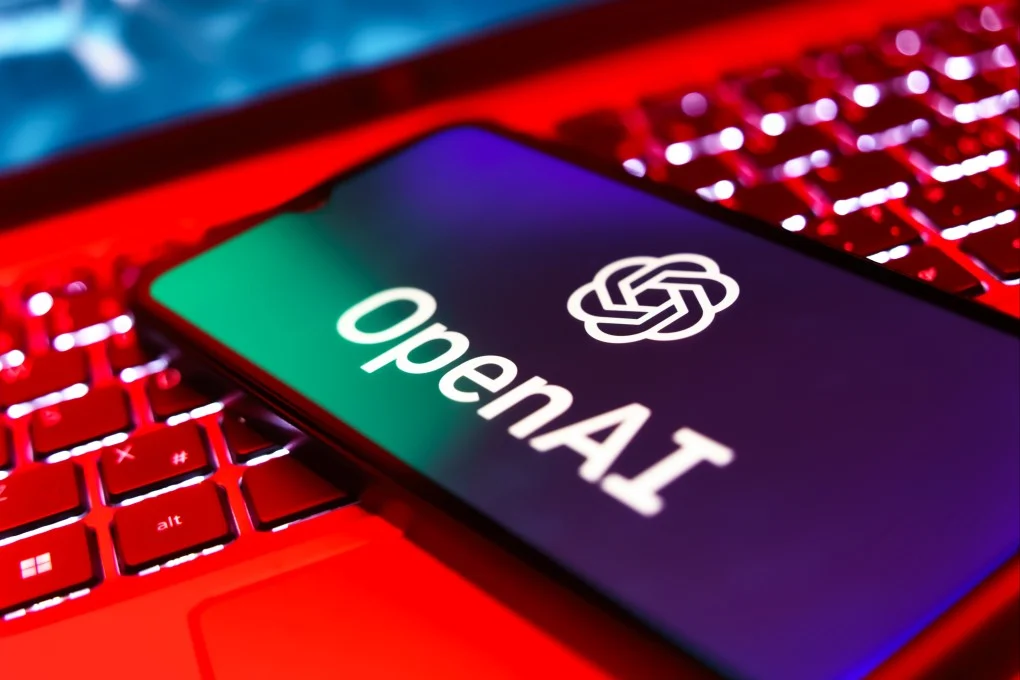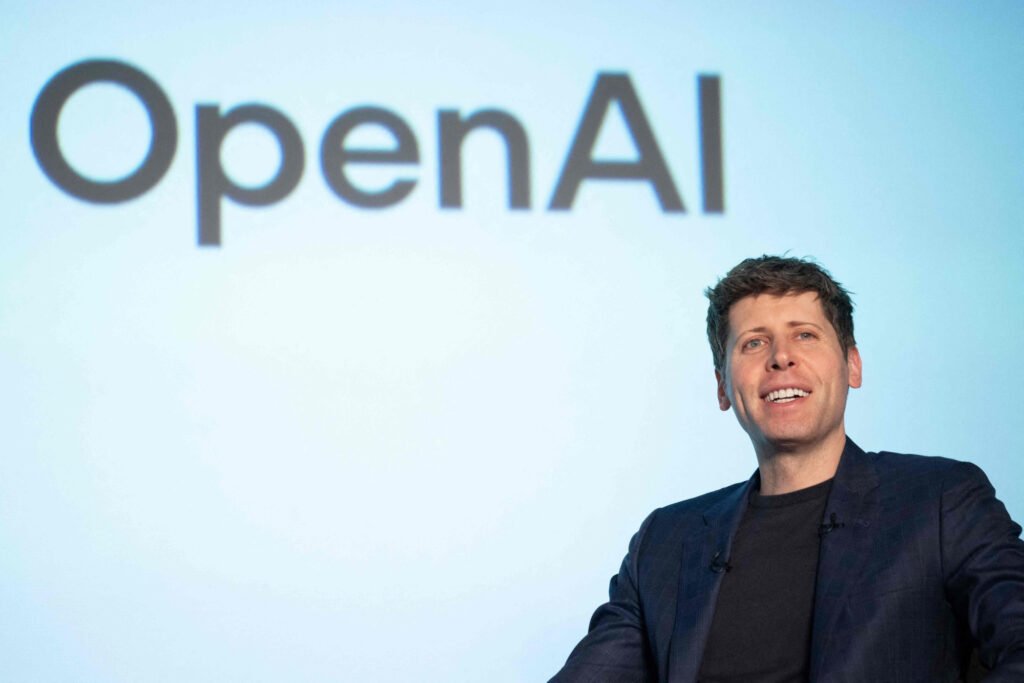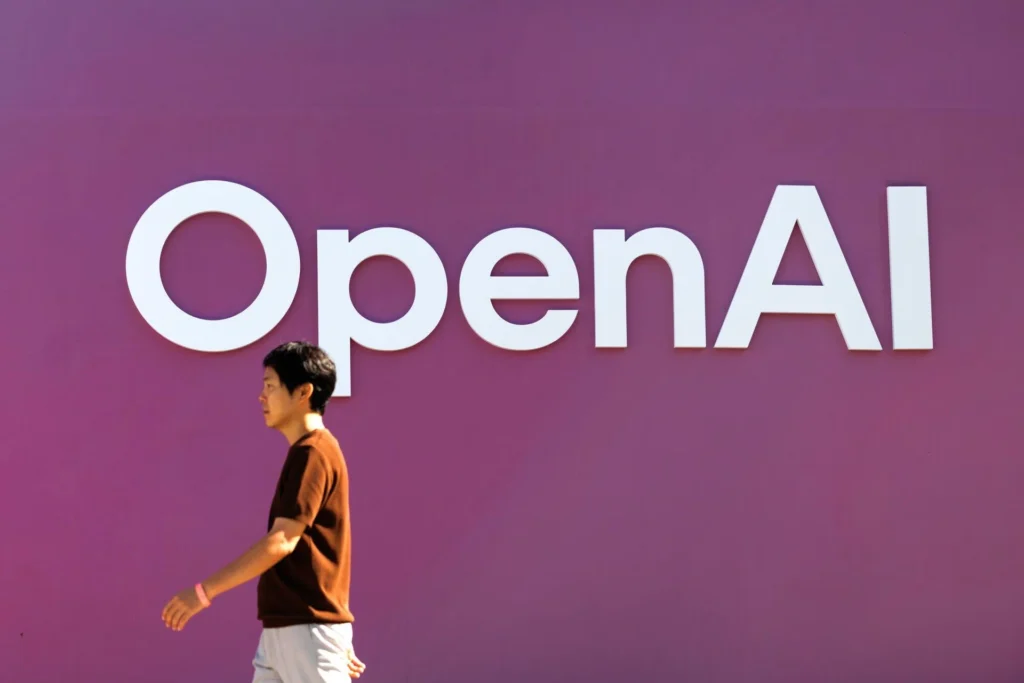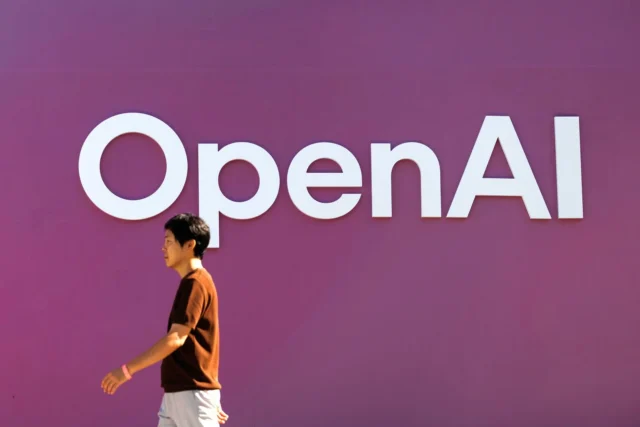OpenAI has crossed a major financial milestone: the artificial intelligence pioneer is now reportedly valued at $500 billion, following a substantial share sale by both current and former employees. The deal, according to sources familiar with the transaction, involved some $6.6 billion worth of shares being transferred to a group of strategic investors.
The stunning jump from its previously estimated $300 billion valuation underlines the fervent investor confidence in its AI trajectory, especially in a period of rapid growth in both users and revenue.
Table of Contents

Share Sale Details and Strategic Backers
According to insiders who spoke under condition of anonymity (as they were not authorised to speak publicly), the share sale was structured on the secondary market. That means existing shareholders—rather than the company issuing new stock—sold off portions of their stakes.
Among the buyers were heavyweight names such as SoftBank, Thrive Capital, Dragoneer Investment Group, MGX of Abu Dhabi, and T. Rowe Price. Collectively, they purchased portions of the $6.6 billion in shares that changed hands. The source added that OpenAI had authorisation for over $10 billion worth of stock sales, indicating potential further liquidity events down the line.
SoftBank in particular had already been a major player: the group had earlier participated in OpenAI’s $40 billion primary fundraising round. In essence, SoftBank deepened its exposure by purchasing shares in this secondary transaction.
Though the investors named did not immediately respond to requests for comment, it’s clear their participation is a signal to the market: they’re betting big on the future of AI.
Revenue Surge and AI Competition Context
OpenAI’s valuation leap is more than just financial theatre. The company’s performance so far in 2025 offers tangible justification.
In the first half of this year alone, OpenAI generated approximately $4.3 billion in revenue—already outpacing its total earnings in prior years and marking about a 16% increase over 2024’s full-year figure. That revenue surge underscores both rising demand for AI services and growing monetisation potential.
Yet, the landscape is fiercely competitive. Tech giants around the world are aggressively pursuing AI talent, rolling out extraordinary compensation packages, and expanding research units. For instance, Meta has made headlines by investing billions into its AI subsidiary and recruiting top minds, including giving leadership roles to talented young engineers.
That arms race for talent and technological edge adds pressure on firms like OpenAI to continue delivering breakthroughs—not just in models and tools but in scalable, profitable applications.

Implications for Nigeria, Africa, and the AI Ecosystem
OpenAI’s newfound $500 billion valuation carries resonance far beyond Silicon Valley. In Nigeria and across Africa, the event holds several implications:
- Investor confidence in AI
This development may help attract more capital into African AI startups. It signals that even disruptive, research-led firms can command enormous valuations if they scale well. - Talent retention and brain drain risks
With global rulers of AI offering huge pay packages and opportunities, local talent in Nigeria or Africa could be lured away. The pressure to keep skills at home will mount. - Partnerships and deployments
Global AI leaders like OpenAI may deepen collaboration with African governments, enterprises, and educational institutions. This could mean deployment of models and services adapted to local languages, data, and infrastructure. - Regulation and governance questions
As AI companies grow in influence and reach, African regulators may need to engage more actively in crafting laws around data privacy, accountability, and ethical AI. OpenAI’s rising influence will bring global attention to those debates.
From Lagos to Abuja, innovators, policymakers, technologists, and investors will be watching closely. How Nigeria positions itself in this evolving AI ecosystem may determine whether it merely consumes imported AI tools—or becomes a builder in its own right.
Looking Ahead: Challenges, Risks, and What’s Next
Though exhilarating, this valuation jump also puts a spotlight on the challenges ahead:
- Sustainability of growth
Can OpenAI maintain such momentum? High valuations often carry the burden of lofty expectations. Any slowdown or misstep could shake investor confidence. - Profitability pressures
While top-line revenue is strong, scaling AI infrastructure, research, and talent acquisition is costly. Turning impressive revenue into lasting profit is a test many tech firms face. - Regulatory and ethical headwinds
AI is now squarely in the crosshairs of regulators globally. Issues like model transparency, bias, misuse, and governance will intensify. OpenAI’s decisions about partnerships, data usage, and safeguards will be scrutinised. - Competition and fragmentation
New rivals and open-source challengers abound. The emergence of tailored models, niche AI services, and regional solutions may eat into OpenAI’s dominance unless it continues to innovate aggressively.

For now, the message is clear: OpenAI has not just raised its profile; it has redefined expectations in the AI sector. The backing from deep-pocketed investors—itself an endorsement—gives the firm both capital and credibility to push further.
As OpenAI moves forward, all eyes will be on whether it can deliver new breakthroughs, build sustainable revenue engines, and shape the evolving global norms around artificial intelligence.
Join Our Social Media Channels:
WhatsApp: NaijaEyes
Facebook: NaijaEyes
Twitter: NaijaEyes
Instagram: NaijaEyes
TikTok: NaijaEyes





